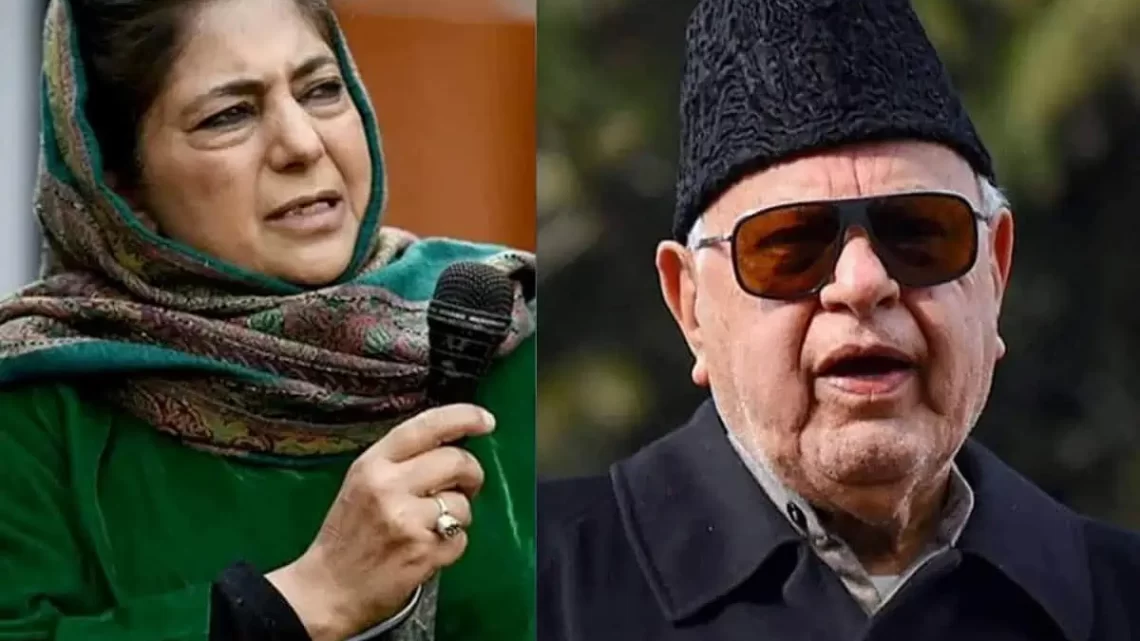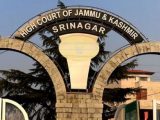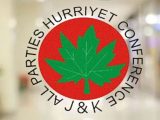
Low Voter Turnout in Srinagar Sham Polls Reflects Discontent with Article 370 Repeal
May 15, 2024The recent polling for the Srinagar Lok Sabha constituency has highlighted the widespread discontent among the people of Jammu and Kashmir with the Indian government’s actions, particularly the annulment of Article 370 and the bifurcation of the region into two union territories. This sentiment was echoed by Mehbooba Mufti, the chief of the People’s Democratic Party (PDP), and National Conference president Dr. Farooq Abdullah.
Mehbooba Mufti, speaking to reporters in Qazigund, part of the Islamabad-Rajouri Lok Sabha constituency, highlighted that the low voter turnout in Srinagar served as a strong rebuke to the Modi-led government’s decisions regarding the region. “The polling conveyed a message to Delhi that the decisions made in 2019 and thereafter concerning our land, state subjects, and jobs are not acceptable to the people of [occupied] Jammu and Kashmir,” Mufti stated. Her remarks underline the growing frustration among residents who feel that their rights and regional autonomy have been undermined.
Mufti’s statement aligns with the broader sentiment of dissatisfaction and alienation felt by many in the region since August 5, 2019, when the Indian government revoked Jammu and Kashmir’s special status under Article 370 of the Indian Constitution. This move, which was accompanied by a severe security clampdown and communication blackout, was met with widespread criticism and protests within Jammu and Kashmir and across the globe.
In a similar vein, National Conference president Dr. Farooq Abdullah condemned the erosion of democratic principles in the region. During a workers’ convention in Teetwal and Tangdhar, Abdullah criticized the Indian government’s decisions post-August 5, 2019, emphasizing that these actions have led to significant distress among the local population. He specifically pointed out the delimitation process, which he argued has exacerbated the sense of injustice and discontent among the people.
The delimitation process, intended to redraw the boundaries of electoral constituencies, has been a contentious issue. Critics, including Abdullah, argue that it has been manipulated to favor particular political outcomes, further marginalizing the voices of the Kashmiri people.
These expressions of dissent by prominent political leaders in Jammu and Kashmir highlight a deep-seated dissatisfaction with the central government’s handling of the region’s political and social issues. The low voter turnout in the Srinagar polls can be seen as a manifestation of this discontent, indicating a lack of faith in the current political processes and a demand for a return to a more autonomous and representative governance structure.
The situation in Jammu and Kashmir remains complex and fraught with challenges. As the region continues to face the aftermath of the 2019 decisions, the voices of local leaders like Mufti and Abdullah play a crucial role in articulating the grievances and aspirations of the Kashmiri people. The international community’s awareness and engagement are essential in ensuring that the rights and wishes of the people of Jammu and Kashmir are respected and upheld.

